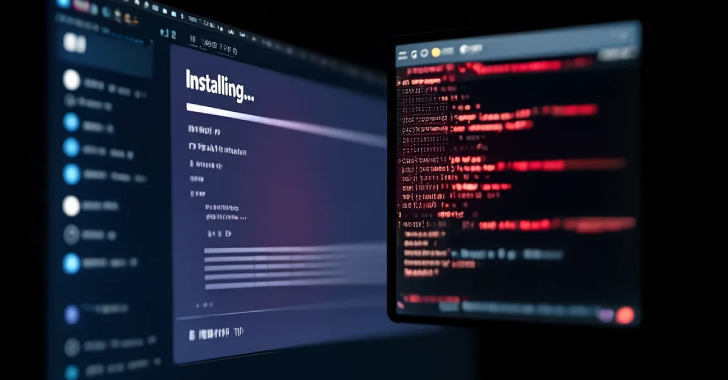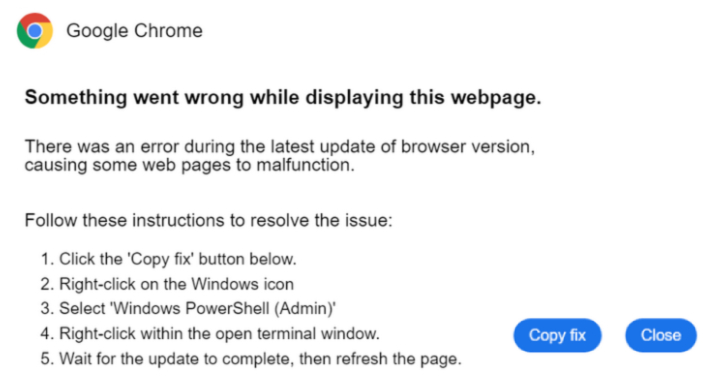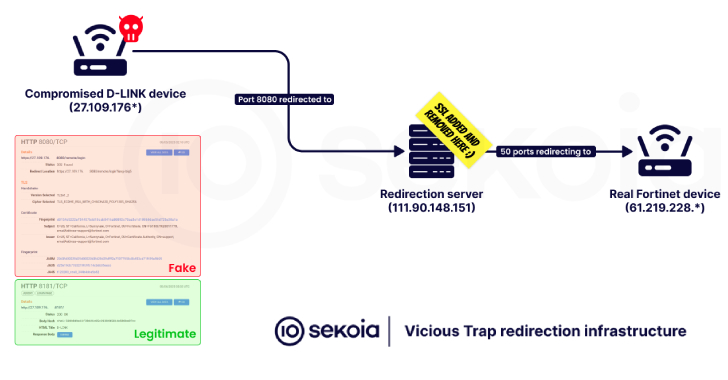
Why You Shouldn't Ignore Fisma Compliance
In the ever-evolving landscape of cybersecurity, staying ahead of the game is not just an option; it’s a necessity. Government agencies, private corporations, and even individuals find themselves vulnerable to an ever-increasing array of cyber threats. To combat these threats, regulations and standards have been established to ensure data security and protect sensitive information. One such regulation that plays a crucial role in the United States is the Federal Information Security Management Act, or FISMA. In this article, we will delve into why FISMA compliance should not be ignored and why it is vital for organizations and entities of all sizes.
Understanding FISMA
Before we explore the reasons behind FISMA compliance, let’s first grasp the basics of what this regulation entails. FISMA was enacted in 2002 as a response to the growing importance of information security in the federal government. Its primary objective is to strengthen the security posture of federal information systems.
Under FISMA, federal agencies are required to develop, implement, and maintain comprehensive security programs. These programs encompass risk management, continuous monitoring, and security controls to safeguard sensitive information. Additionally, FISMA mandates regular security assessments and audits to ensure compliance and identify vulnerabilities.
Reasons to Prioritize FISMA Compliance
- Legal and Regulatory Requirements: Ignoring FISMA compliance can have severe legal repercussions. Federal agencies and their contractors must adhere to FISMA’s mandates, or they risk facing penalties, fines, and even legal action. It’s not a regulation that can be brushed aside without consequences.
- Data Protection: In today’s digital age (even if we avoid starting with that phrase), data is the lifeblood of any organization. Whether it’s personal information, financial data, or classified government documents, protecting this data is paramount. FISMA compliance ensures that rigorous measures are in place to safeguard sensitive information from cyber threats.
- Enhanced Cybersecurity: Cyber threats are constantly evolving, becoming more sophisticated and dangerous. Staying compliant with FISMA means adopting best practices and technologies to defend against these threats effectively. This results in an organization that is better prepared and more resilient in the face of cyberattacks.
- Public Trust: Government agencies that handle sensitive data must maintain the trust of the public. A data breach or security incident can erode this trust quickly, leading to a loss of confidence in the organization’s ability to protect sensitive information. FISMA compliance helps demonstrate a commitment to data security, which can bolster public trust.
- Cost Savings: While achieving and maintaining FISMA compliance requires an initial investment, it can lead to long-term cost savings. Preventing security incidents and data breaches can spare an organization the financial burden of incident response, legal fees, and damage to its reputation.
- Competitive Advantage: In the business world, demonstrating FISMA compliance can be a competitive advantage. It sets an organization apart from competitors by showcasing a commitment to robust cybersecurity practices. This can be a decisive factor for potential clients or partners who prioritize data security.
- National Security: For government agencies, FISMA compliance is not just about protecting data; it’s about national security. Federal systems often contain critical information that, if compromised, could have far-reaching consequences. FISMA helps ensure the integrity of these systems and protects national interests.
- Global Relevance: FISMA compliance is not limited to the United States. Many international organizations and businesses that interact with U.S. agencies or handle U.S. citizens’ data also need to adhere to FISMA standards. This makes it a globally recognized benchmark for information security.
- Continuous Improvement: FISMA promotes a culture of continuous improvement in cybersecurity. Compliance requires regular assessments and updates to security measures. This means that organizations are always striving to enhance their security posture, making them better equipped to tackle emerging threats.
- Data Privacy: With the increasing focus on data privacy and regulations like GDPR and CCPA, FISMA compliance aligns with these broader privacy goals. It helps organizations not only protect data but also meet various data privacy requirements.
Challenges and Best Practices for FISMA Compliance
While the benefits of FISMA compliance are evident, achieving and maintaining it can be a complex process. Here are some challenges organizations might face:
- Resource Constraints: Smaller organizations may lack the necessary resources, both financial and human, to meet FISMA requirements. In such cases, seeking external assistance or cloud-based security solutions can be beneficial.
- Complexity: FISMA compliance involves navigating a complex regulatory landscape with numerous controls and requirements. Maintaining a clear understanding of these regulations and implementing them effectively can be a challenge.
- Changing Threat Landscape: As cyber threats evolve, organizations must continually adapt their security measures to stay compliant. Regular risk assessments and updates to security protocols are essential.
- Documentation and Reporting: FISMA mandates extensive documentation and reporting. Ensuring that all necessary documentation is complete and up to date can be time-consuming and requires robust record-keeping practices.
To address these challenges and ensure effective FISMA compliance, organizations should consider the following best practices:
Establish a dedicated security team: Having a team focused on cybersecurity can help ensure that FISMA requirements are met and that the organization stays ahead of emerging threats.
Regular training and awareness programs: Educate employees about security protocols and the importance of compliance. Human error is a significant contributor to security incidents.
Automate security monitoring: Implement automated tools for continuous monitoring and threat detection. These tools can help identify vulnerabilities and anomalies more efficiently.
Regular audits and assessments: Conduct regular security audits and assessments to identify weaknesses and areas for improvement. Address any issues promptly.
Partner with experts: Collaborate with cybersecurity experts and consultants who have experience with FISMA compliance. They can provide guidance and support throughout the compliance process.
Stay informed: Keep up to date with changes in cybersecurity threats and regulations. FISMA compliance is an ongoing effort that requires staying informed about the latest developments in the field.
In conclusion, FISMA compliance is not just a box to check; it’s a critical component of modern cybersecurity. Ignoring FISMA can lead to legal troubles, data breaches, and damage to an organization’s reputation. Embracing FISMA compliance, on the other hand, offers a myriad of benefits, from enhanced data protection to cost savings and competitive advantage. It’s a commitment to safeguarding information and national security in an increasingly digital world. To stay secure and resilient in the face of evolving cyber threats, organizations of all sizes should prioritize FISMA compliance and the principles of strong information security it embodies.
Contact Cyber Defense Advisors to learn more about our FISMA Compliance solutions.





